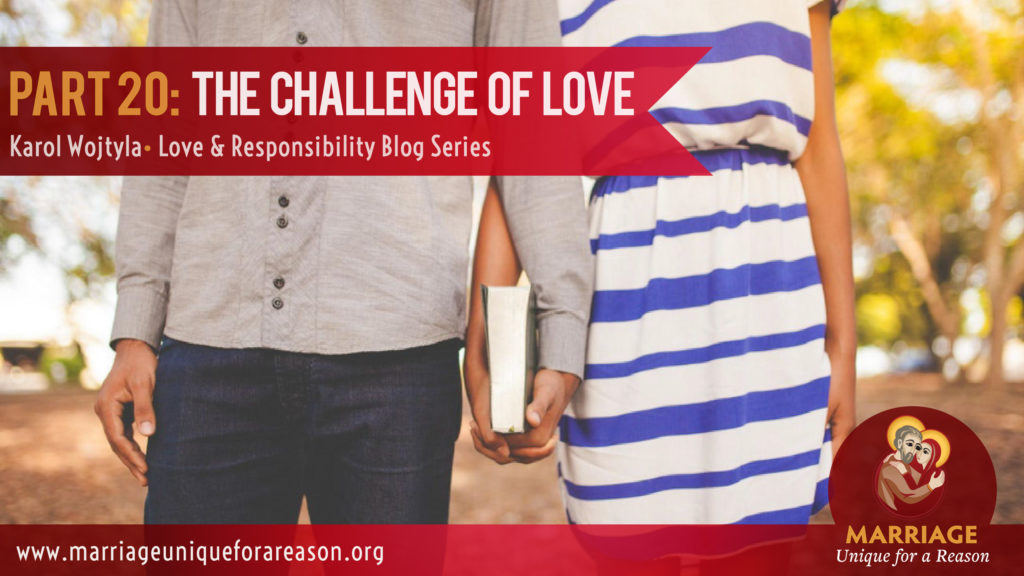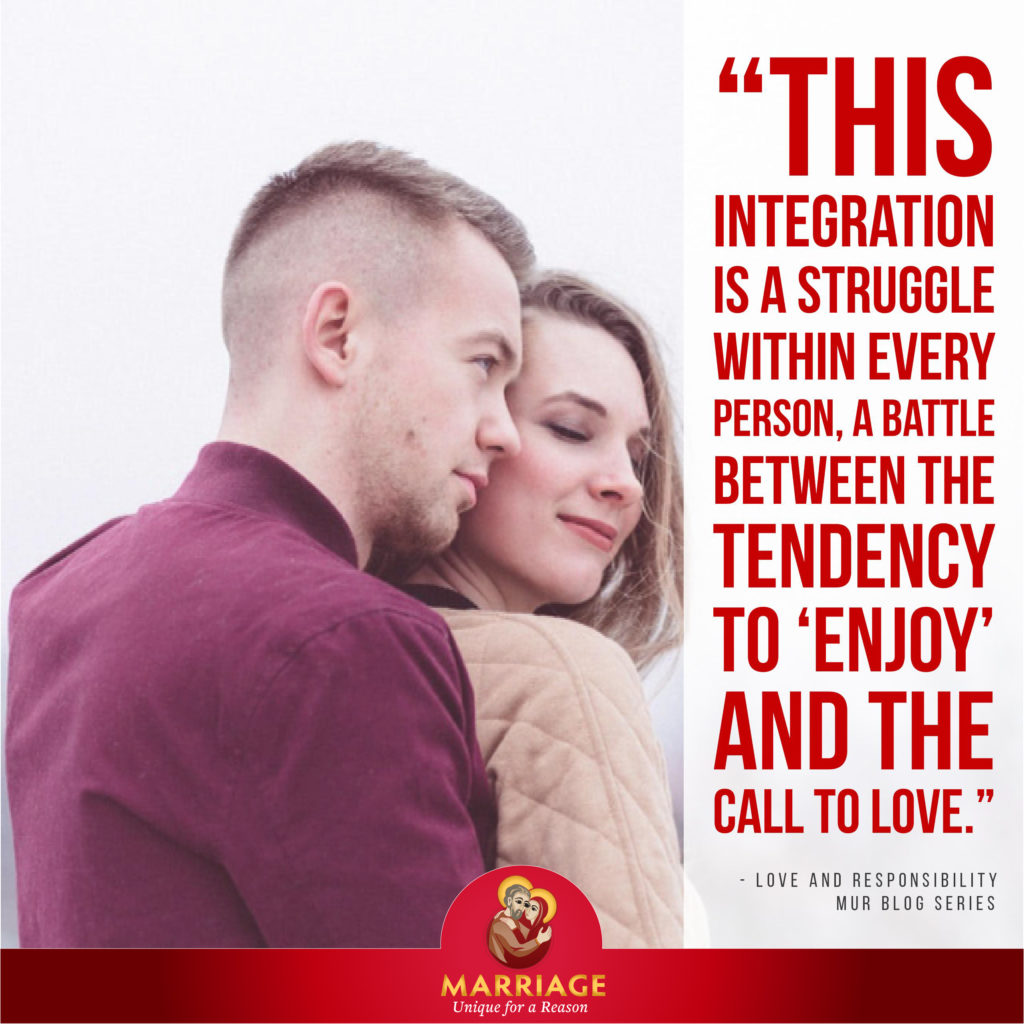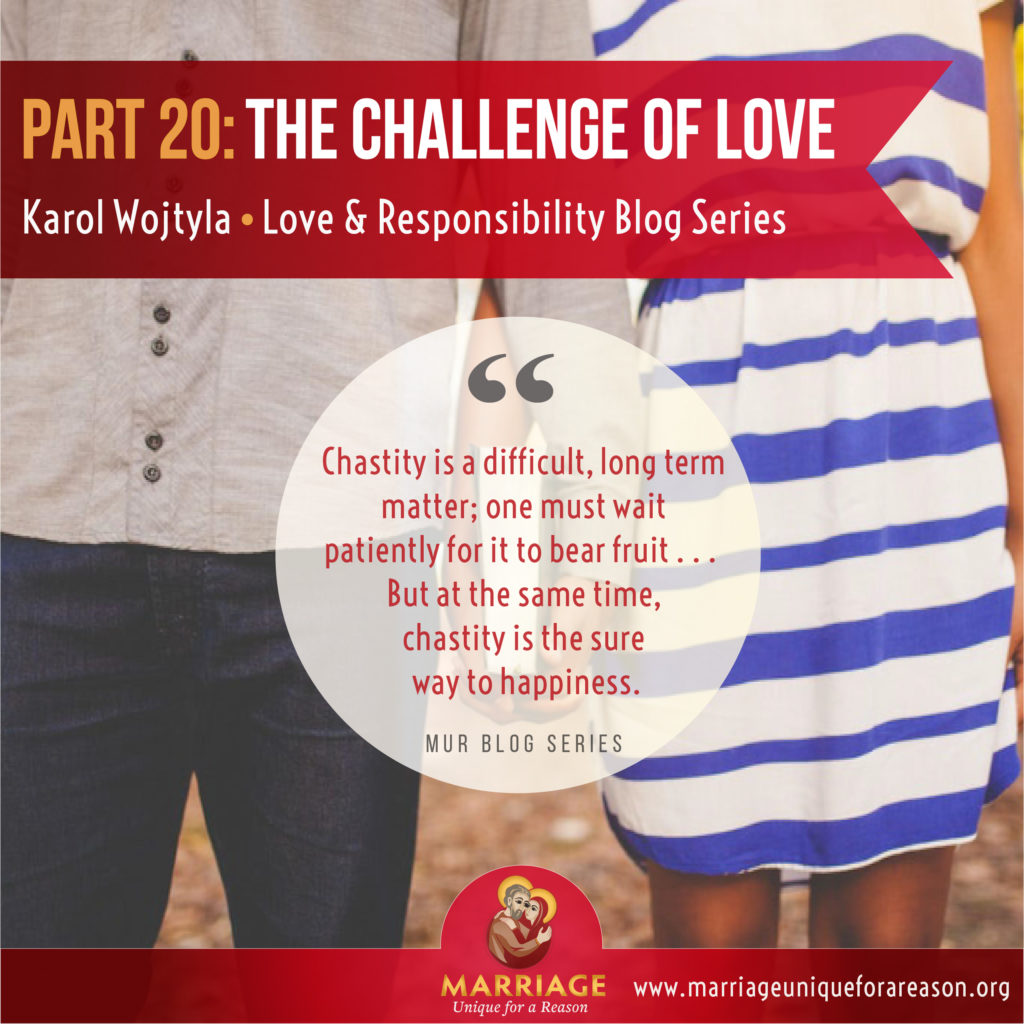Male and Female He Created Them
On June 10, 2019, the Vatican Congregation for Catholic Education released a reflection on human sexuality entitled: ” ‘Male and Female He Created Them’: Towards a Path of Dialogue on the Question of Gender Theory in Education”
The document is the fullest exposition of the concept of gender (gender identity, gender fluidity, ‘transgenderism,’ etc.) that has been released from the Vatican to date. It is concerned with the “educational crisis… in the field of affectivity and sexuality” (no. 1) and reiterates Catholic anthropology, rooted in Sacred Scripture and Tradition. “The Christian vision of anthropology sees sexuality as a fundamental component of one’s personhood” (no. 4).
The document seeks to combat the dualism that is operative in the idea that “one’s gender ends up being viewed as more important than being of male or female sex. The effect of this move is chiefly to create a cultural and ideological revolution driven by relativism, and secondarily a juridical revolution, since such beliefs claim specific rights for the individual and across society” (no. 20). This is precisely what legislation such as the Equality Act does.
There will be further reflection on this document in the coming days and weeks, so watch this space!
And here’s a reminder of a few resources that the USCCB has created or made available on the issue of gender:
Gender Ideology: Select Teaching Resources
Created Male and Female: An Open Letter from Religious Leaders (December 15, 2017)
Archive
The Challenge of Love: Love and Responsibility Series (Post #20)
 Integration of Love:
Integration of Love:
In this section of Love and Responsibility, Wojtyla analyzes what concupiscence is and what it’s not. It’s not a sin, but it is a challenge to the growth of mature love between a man and a woman. “Concupiscence is a consistent tendency to see persons of the other sex through the prism of sexuality alone, as ‘objects of potential enjoyment.’”[1]  Wojtyla points out that overcoming this tendency does not mean becoming “a-sexual” or “blind to the value of ‘the body and sex,’” but rather that it is integrated into love of the person, the whole person, which includes his or her body.[2] (There’s a sweet song about this kind of integration called “You Wouldn’t Mind” by Colleen Nixon.)
Wojtyla points out that overcoming this tendency does not mean becoming “a-sexual” or “blind to the value of ‘the body and sex,’” but rather that it is integrated into love of the person, the whole person, which includes his or her body.[2] (There’s a sweet song about this kind of integration called “You Wouldn’t Mind” by Colleen Nixon.)
Wojtyla writes that this integration is a struggle within every person, a battle between the tendency to “enjoy” and the call to love. He emphasizes again that concupiscence is only the “germ of sin,” not sin itself, since it is not a choice.[3] Our reactions toward one another are “muddied” because of original sin, so that “it is not altogether safe to put one’s trust in the reactions of the senses” or emotions.[4] That is hard! We want to just relax and go with our desires and feelings, but that’s not always a good plan.
Concupiscence vs. Lust:
Wojtyla points out that because of original sin, human beings tend to desire others sexually even if they don’t “love” them at all—concupiscence pushes people in that direction. Therefore, for concupiscence to become lust, “passive acquiescence suffices.”[5] In other words, if one does not actively guard against lust (the sin), one will most likely lose the battle. Concupiscence will win. At the same time, one shouldn’t mistake concupiscence for the sin of lust. It’s the will that determines whether we sin or not. “As soon as the will consents,” Wojtyla writes, the desire becomes something that the person is “actively doing” rather than something that is “happening to” him or her.[6]
 Some people (perhaps all!) have a hard time finding that boundary between what is just happening in them and what they are choosing. Wojtyla says that since concupiscence pushes the human being toward lust, the person may mistake this push for the choice. But just because a person feels something doesn’t mean they will or choose it. In fact, “an act of the will directed against a sensual impulse does not generally produce any immediate result… [the sexual reaction] generally runs its full course even if it meets emphatic opposition in the sphere of the will.”[7] If you didn’t choose it, it’s not a sin.
Some people (perhaps all!) have a hard time finding that boundary between what is just happening in them and what they are choosing. Wojtyla says that since concupiscence pushes the human being toward lust, the person may mistake this push for the choice. But just because a person feels something doesn’t mean they will or choose it. In fact, “an act of the will directed against a sensual impulse does not generally produce any immediate result… [the sexual reaction] generally runs its full course even if it meets emphatic opposition in the sphere of the will.”[7] If you didn’t choose it, it’s not a sin.
So far in this section, Wojtyla has been focused on sensual reactions, but now he turns to emotions. He reiterates that love cannot be reduced to emotion and that sin comes when “the will puts emotion before the person.”[8] He notes that, “Authenticity of feeling is quite often inimical to truth in behavior.”[9] In the footnote to this statement, Wojtyla notes that one should treat one’s feelings, “with a certain distrust,” noting that often, someone’s being “true to their feelings” is used to justify bad actions, like leaving one’s spouse for another.[10] “The particular danger of ‘sinful love’ [lust] consists in a fiction: immediately, and before reflection, it is not felt to be ‘sinful,’ but is, above all, felt to be love… it makes the sin more dangerous.”[11]
Lust is dangerous because it is not experienced as what it is: wrong, a sin. The persons justify it by a false idea of love as emotion. Instead, the will must “demand of reason a correct vision of love and of the happiness which love can bring to a woman and a man.”[12] It is the will that guards the person against a “sinful love” and if the will guards one person, it simultaneously protects the other.
[1] Wojtyla, Karol. Love and Responsibility (San Francisco: Ignatius Press, 1993), p. 159.
[2] Ibid, p. 159.
[3] Ibid, p. 160.
[4] Ibid, p. 161.
[5] Ibid, p. 161.
[6] Ibid, p. 162.
[7] Ibid, p. 162.
[8] Ibid, p. 163.
[9] Ibid, p. 163.
[10] Ibid, p. 302.
[11] Ibid, p. 165.
[12] Ibid, p. 166.
